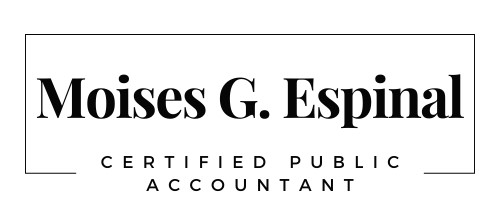Record Retention Policy
- Home
- Record Retention Policy
Period of limitations for assessment of tax:
3 YEARS
For assessment of tax you owe, this period is generally 3 years from the date you filed the return. Returns filed before the due date are treated as filed on the due date.
NO LIMIT
There’s no period of limitations to assess tax when you file a fraudulent return or when you don’t file a return.
6 YEARS
If you don’t report income that you should have reported, and it’s more than 25% of the gross income shown on the return, or it’s attributable to foreign financial assets and is more than $5,000, the time to assess tax is 6 years from the date you filed the return.
Period of limitations for assessment of tax:
The later of 3 years or 2 years after tax was paid
For filing a claim for credit or refund, the period to make the claim generally is 3 years from the date you filed the original return (or the due date for filing the return if you filed the return before that date) or 2 years from the date the tax was paid, whichever is later.
7 years
For filing a claim for an overpayment resulting from a bad debt deduction or a loss from worthless securities, the time to make the claim is 7 years from when the return was due.
Property Records
Keep records relating to property until the period of limitations expires for the year in which you dispose of the property in a taxable disposition. You must keep these records to figure your basis for computing gain or loss when you sell or otherwise dispose of the property.
Healthcare Insurance
You should keep records of your own and your family members’ health care insurance coverage. If you’re claiming the premium tax credit, you’ll need information about any advance credit payments you received through the Health Insurance Marketplace and the premiums you paid.
Assessment & Redesign
Through meticulous assessment and strategic redesign, our CPA firm enhances client strategies for greater financial efficiency and sustainable growth.

